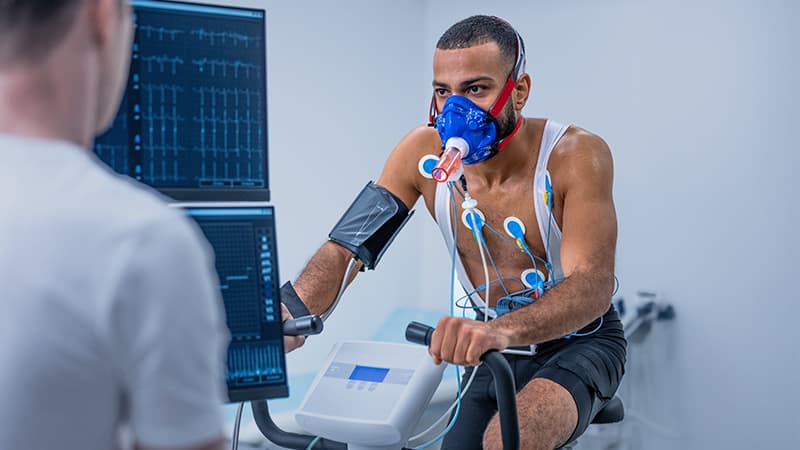May 2019
Best Biometrics Team: Outsourcing vs. In-House Solutions

Up to 77% of biotech and pharma organisations outsource parts of their analytics or production. There are many reasons to outsource, in source, or stay completely in-house. For biometrics teams, outsourcing can increase standardisation while staying in-house decreases turnaround time.
Biotech and pharma often debate whether to outsource analytics.
Benefits of outsourcing can include reduced costs, better standardisation, or access to specialised equipment, whereas benefits of staying in-house include increased control and security. Some companies also choose to insource, hiring specialised teams for rapid turnaround times or skills transmission. In this context, biometrics teams are no different from other specialised teams. Let's examine why…
Benefits of an outsourced team
The global pharmaceutical analytical testing outsourcing market is projected to grow from $10.3 billion in 2023 to $16.3 billion by 2030. This growth is driven by the increasing complexity of drug development and regulatory compliance, which fuels the demand for specialised analytical testing services. The contract industry includes contract research organisations (CROs), contract manufacturing organisations (CMO) and contract development and manufacturing organisations (CDMOs). The biologics CDMO market is projected to grow at an annualised rate of over 20% from 2023 to 2028, with the global cell and gene-therapy market expected to reach $80 billion by 2029.
Companies may choose to outsource for several reasons:
- Increased freedom: Analysis can be expensed instead of purchasing analytical equipment for experimental projects.
- Cost reduction: Project costs can be reduced by up to 20% when overhead is taken into account.
- Reduced risk: By restricting rigid costs from capital investments (i.e. real estate and lab equipment) companies can maximise variable costs (i.e. researchers and experimental projects).
Benefits of an in-house team
Outsourcing is often better for small or mid-sized companies than large ones. When large pharmaceutical companies weigh in reasons not to outsource they most often cite the term "control". This means mitigating risk by keeping critical supply chain steps in-house and keeping confidential compounds out of settings who might also be serving a competitor.
Some companies do insourcing instead; they have the equipment and supplies and hire specialised teams on a contract basis to achieve a rapid turnaround time, skills transmission, or scientific collaboration.
Outsourcing vs. insourcing for biometrics teams
Biometrics is the science of rapidly identifying individuals by physiologic or behavioural traits and it is used to obtain clean data for clinical trials.
Biometrics contractors tout data integrity, reliability, and study-design as a reason to outsource biometrics. Certainly wearables, genomics, and other novel identifiable methods of data collection involve specialised skill sets which may be more beneficial or cost-effective to outsource. However, large companies may choose to retain control of personally identifiable information such as location data from wearables or genomic information used in clinical trials.
We conclude that biometrics teams are like other specialised teams on the drug-development pipeline. Outsourcing will still become a cost-benefit analysis. Companies will have to individually decide how to strike a balance between control vs cost-reduction when it comes to outsourcing.
In conclusion
There are pros and cons to both outsourcing and insourcing. Individual companies must perform their own analysis to maximise their security while minimising risk and expense.
A good recruiter can make the difference for a company who is on the fence about these processes, or changing directions. Whether you are looking to find exceptional contractors or to shift from outsourcing to an in-house team, EPM Scientific can help.
